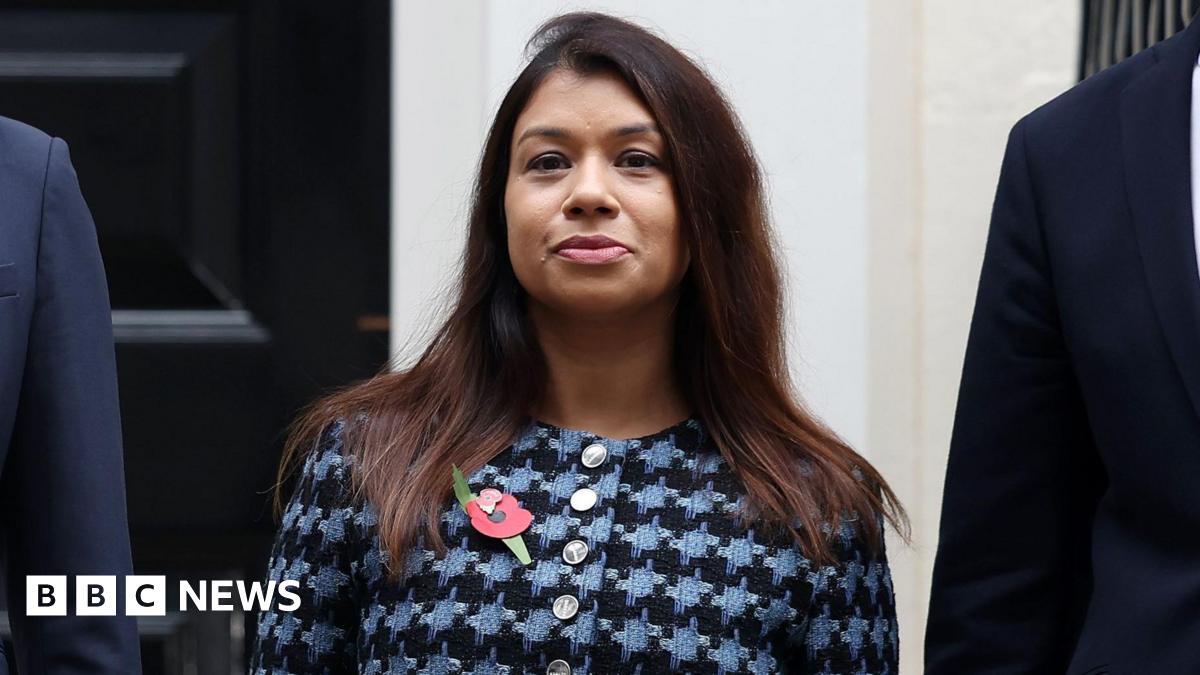The ACC is also investigating several of Hasina’s family members, including Siddiq’s mother Sheikh Rehana Siddiq, and senior officials from her government.
Hasina, who was in charge of Bangladesh for more than 20 years, was seen as an autocrat whose government ruthlessly clamped down on dissent.
Since fleeing the country Hasina has been accused of multiple crimes by the new Bangladeshi government.
Hasina is wanted by Bangladesh’s International Criminal Tribunal (ICT) for her alleged involvements in “crimes against humanity” that took place during the demonstrations, in which hundreds were killed.
Arrest warrants have also been issued for 45 others, including former government ministers who also fled the country.
Syed Faruk, who runs the UK branch of Hasina’s Awami League party, said the claims were “fabricated”.
Siddiq was elected MP for Hampstead and Highgate in 2015, the north London constituency neighbouring Prime Minister Sir Keir Starmer’s seat of Holborn and St Pancras.
Corruption allegations and convictions against top leaders of ousted governments are not new in Bangladesh.
Hasina’s main predecessor as prime minister, Khaleda Zia faced similar charges, which she also dismissed as politically motivated. As did ex-president Hussain Muhammad Ershad, who seized power as head of the army during a bloodless coup in 1982.
The Bangladeshi judiciary’s independence has long been questioned.
Government changes often bring judicial reshuffles, with ruling parties regularly accused of targeting political opponents.

